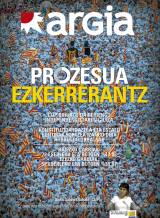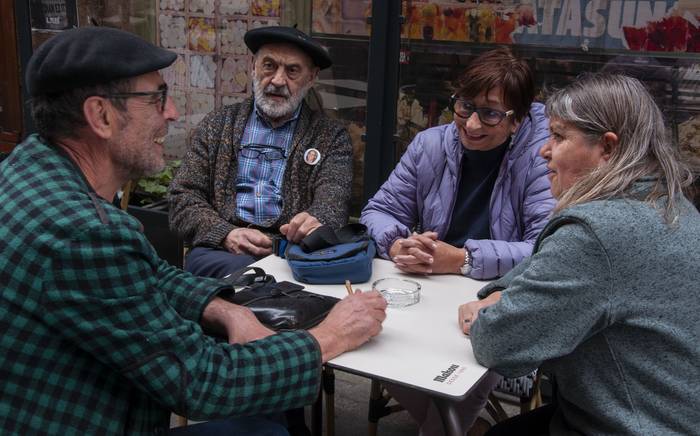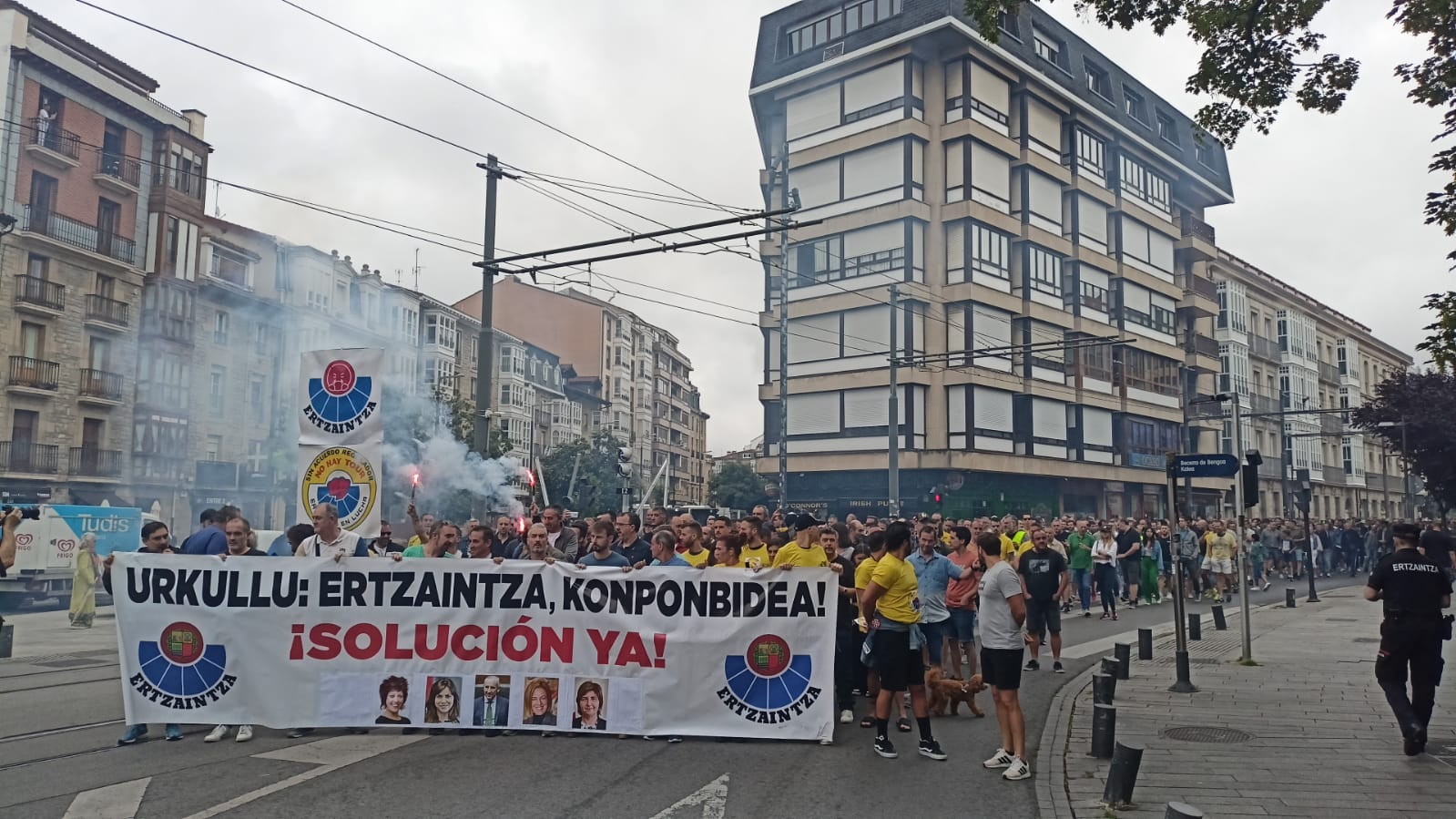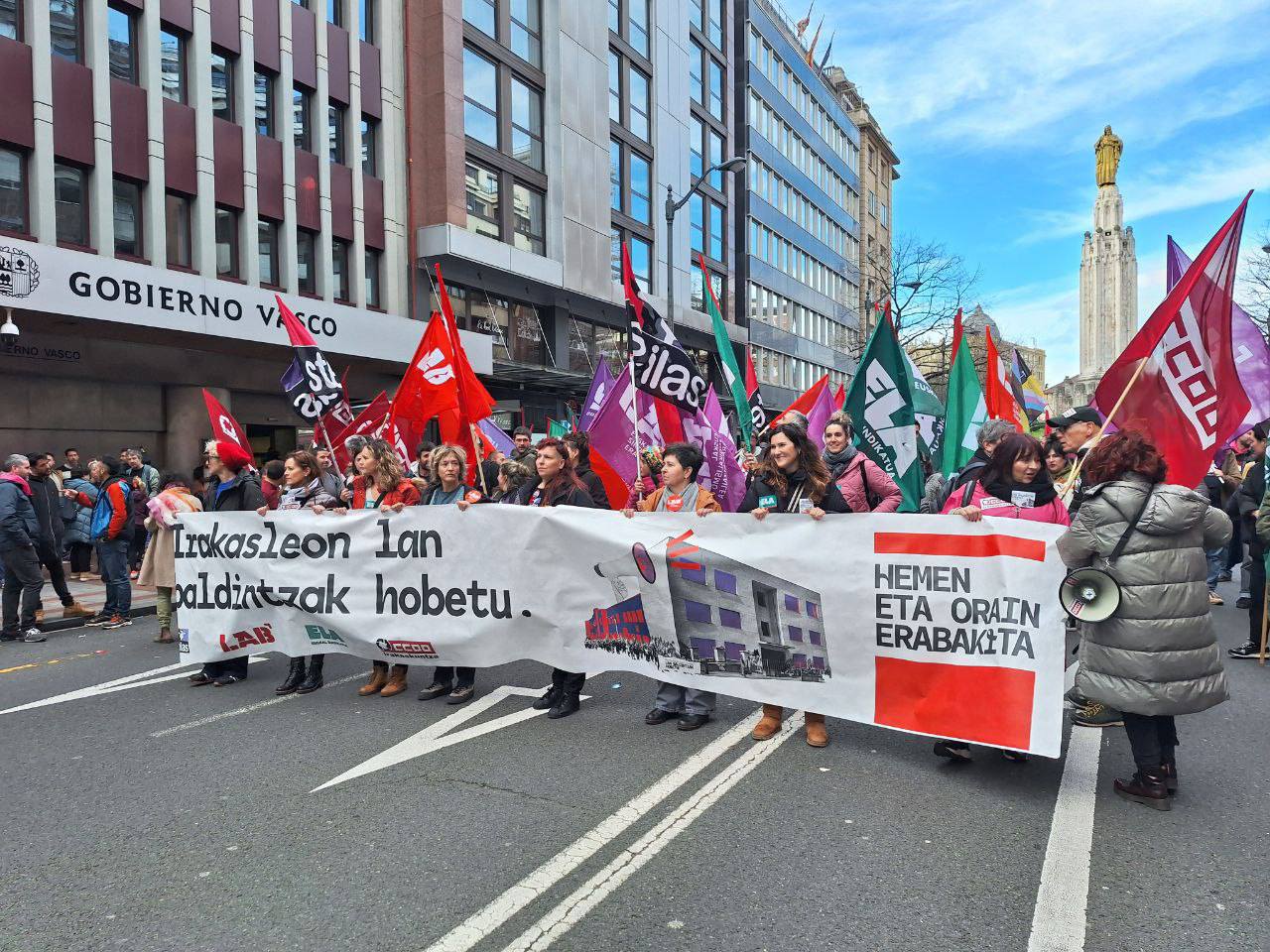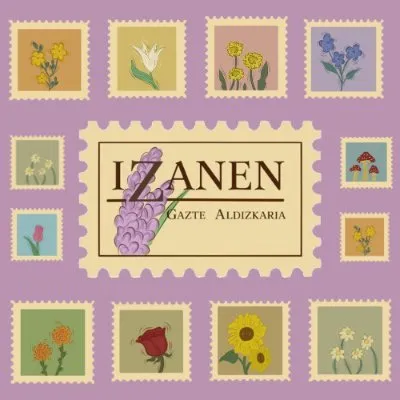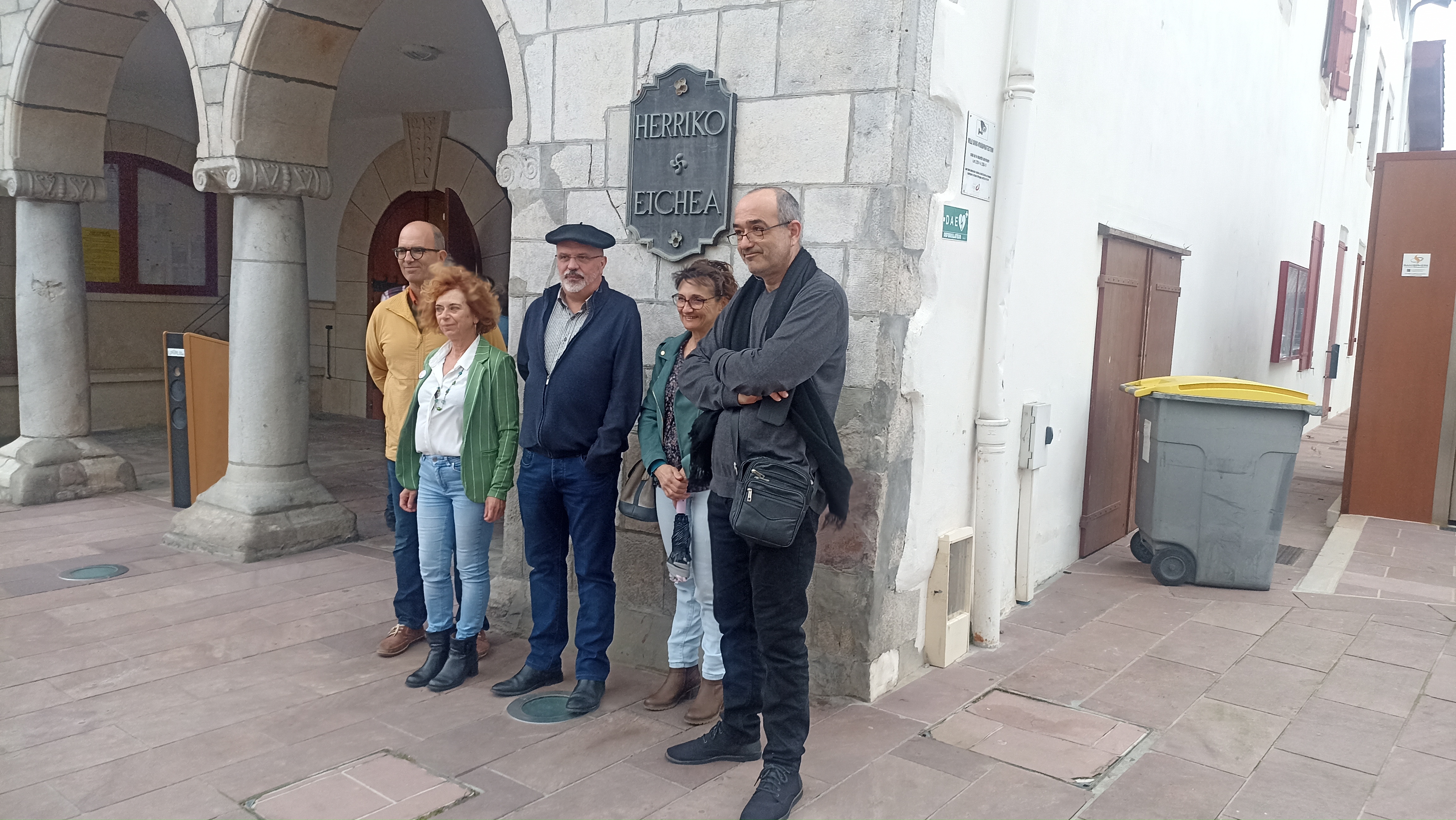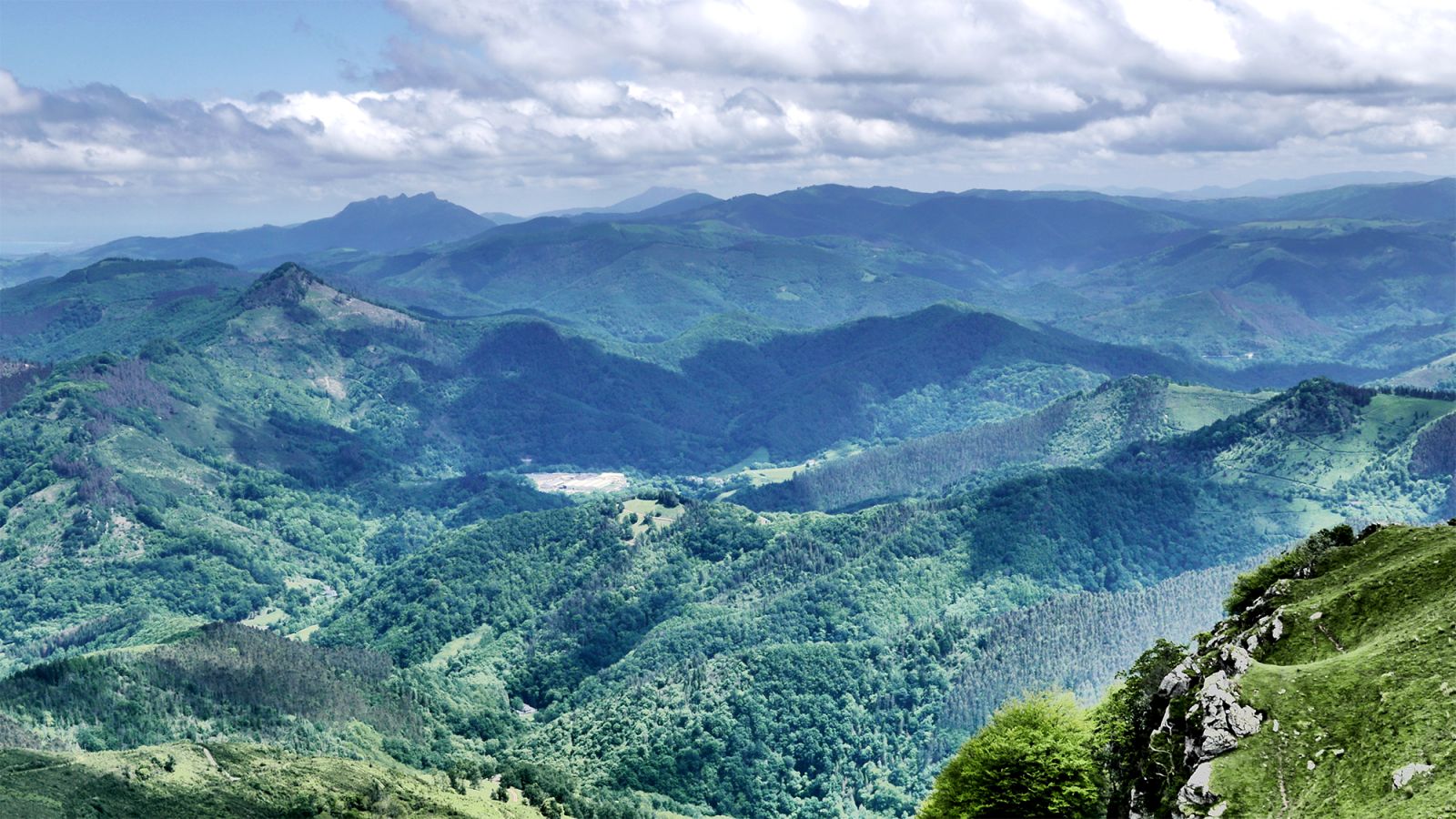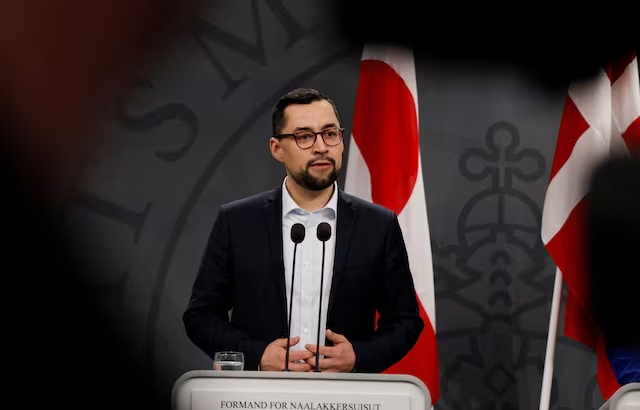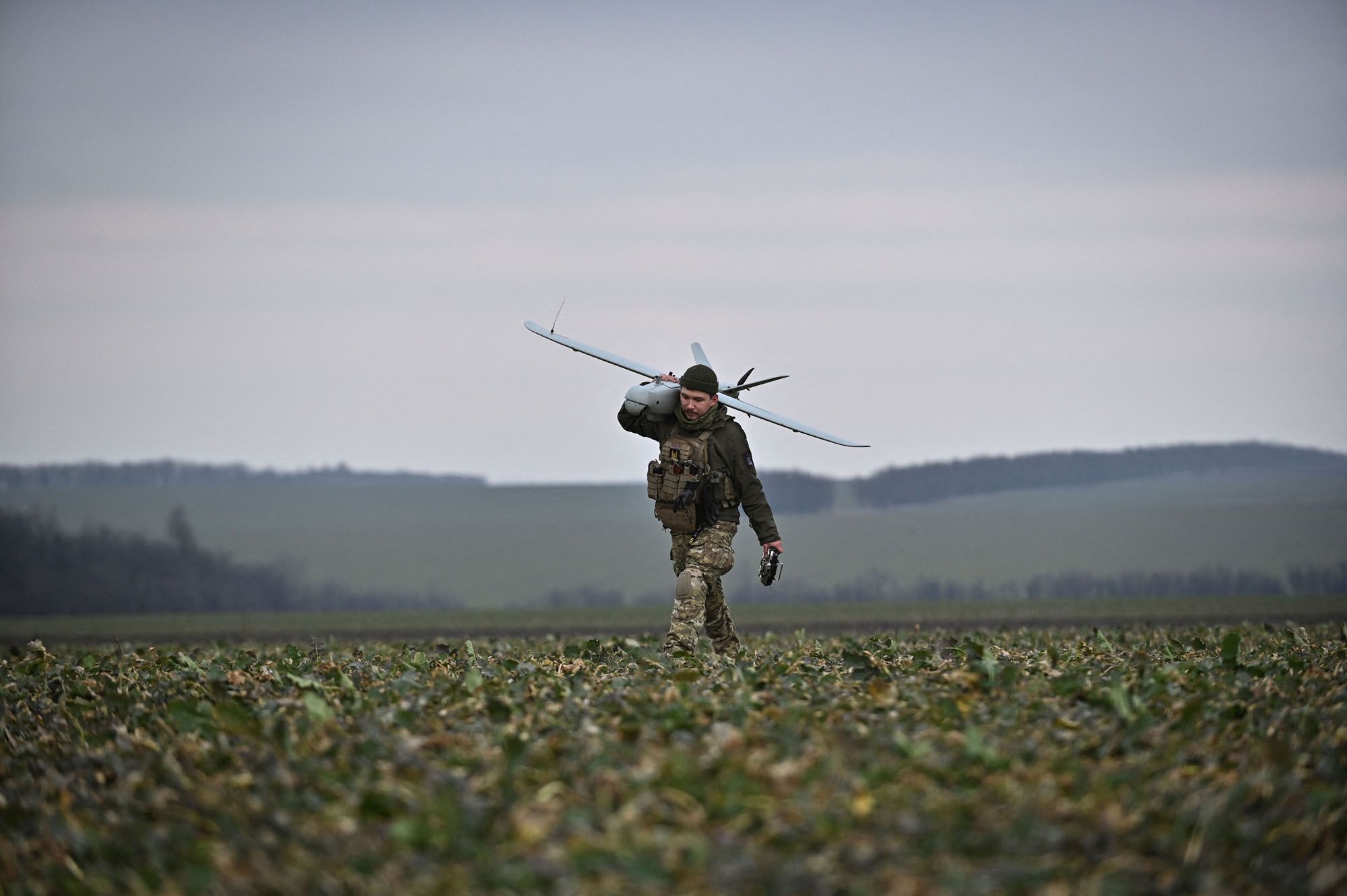The voice in the mouth
- Belenity Ixiar Rozas Pamiela, 2014
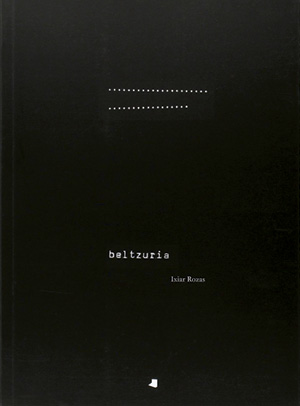
Rozas has used different red yarns to weave this experimental work, fleeing from the traditional molds. He has talked with the reader, intermittently, sharing the writing and reading process. So you will make the way together, if you like, in the book Beltzuria.
The author reflects on the voice. He wants to look at the physical component that accompanies the word, emphasize what is body and movement, attend to the characteristics of each person, focus on this rarity and analyze their relationship with other people, bodies and voices. He wants to do it by giving the breath he needs and offering the space he needs. As we don't usually do.
This work aims to go beyond words, meanings, and literature. It intends to put the letters in contact with the images and meat, retouching them, elaborating ideas. An example of this is the front cover and back cover of this book, the structuring, the layout. Along with the letters we have the position and appearance of the letters, combinations between the color white and black, the presence of continuous points to represent the absences, and lines of points that dance together.
The author invites us to read with all the senses. Besides reading with the help of the gaze, we will read some words aloud, we will listen and smell the sea and the forest with images and memories, and when we pass the pages, when we go to read the notes, when we return to a previous paragraph or when we leave the book and pick it up again, we will also participate with our hands on this journey.
Another predominant red thread is the memory holes. The leading voice of the text is looking for the missing things. Behind missing words and voices across the pages. With the help of poetry and performativity, it is going to hunt, retrieving words, images and memories. Complete an affective cartography in search of the traces of her grandfather Xamuio and her grandmother Lina: In the attempt to “try to give a chance of survival to the present”.
It finds fragility and strength in voice and silence. It talks about the relationship between the dead and the living, about how we compose reality with memory and dreams, about how we are pricked by the images that are stuck on the corners of the body and how to sew them.
In this work, Rozas has rescued the word Beltzuria, remembering that we are body and emphasizing that the peculiarities of the voice are a political space, it has made us reflect on how they stay with us when the one who wants us dies and what place we make them, and it has forced us to lower the accelerated rhythm of the day to experience the moment of reading with peace and consciousness.
SCk Zerocalcareri egindako galdera sorta eta honen erantzunak, jarraian.
MARTA PIKAZA GARAIGORTA (Laudio, 1968) Euskal Herriko Torturatuen Sareko kideak eta eskualdeko beste torturatu batzuek ekin diote Aiaraldean ekimena antolatzeari. Egingo dituzten urratsak eta helburuak azaldu dituzte.
Eskola inguruko natur guneak aztertu dituzte Hernaniko Lehen Hezkuntzako bost ikastetxeetako ikasleek. Helburua, bikoitza: klima larrialdiari aurre egiteko eremu horiek identifikatu eta kontserbatzea batetik, eta hezkuntzarako erabiltzea, bestetik. Eskola bakoitzak natur eremu... [+]
ERNE, ESAN eta SIPErekin egin du akordioa Eusko Jaurlaritzak 2025-2028 aldirako. Besteak beste, urteko soldatan 4.200 euro gordineko igoera "graduala" izango du ertzain bakoitzak. Sindikatuen iturriek El Diario Vascori azaldu diotenez, akordioarekin Ertzaintza Espainiako... [+]
LABek, STEILASek, ELAk eta CCOOek greba egutegi bateratua aurkeztu dute Bilbon: martxoaren 25, 26 eta 27, eta apirilaren 1 eta 2. Egungo hitzarmenak aldarrikatutako edukietatik urrun kokatzen direla adierazi dute, "bai sukaldearen eta garbiketaren kolektiboan zein... [+]
Euskal Herriko literatura gaztearen eta idazle hauen topagune bilakatu nahi den proiektu berriaren inguruan hitz egingo dugu gaur.
Larunbatean, martxoaren 8an, Urruñako herriak Daniela Albizu izena ezarri dio herriko etxearen aitzineko plazari, emazte abertzale honen memoria omentzeko.
Barakaldoko ospitaleko larrialdi zerbitzuan sufritzen ari diren "saturazioa larria" dela ohartarazi du sindikatuak. Pazienteak korridoreetan artatu dituztela eta krisia kudeatzeko "behar adina langile" ez dagoela salatu du. Errealitate horren aurrean... [+]
Komunitatea bildu, pilpilean dauden gaiez hitz egin, informazioa trukatu eta beste herrien esperientziak ezagutzea da herritar kritikoek egiten duten lehen ekintza, makroeoliko bat herrian jarriko diotela jakiten duenean. Halaxe egingo dute martxoaren 13an Andoainen: mendi... [+]
Inkesta gehienen arabera, Inuit Ataqatigiit alderdi ezkertiar independentistaren eta Siumut sozialdemokrataren arteko aliantzak jarraituko du indarrean parlamentuan. Herrialdeko lehen ministro Mute Egedek hauteskundeak aurreratzea proposatu zuen, AEBen "kanpo presioek"... [+]
Ukrainako gudaren amaierak ondorio sakonak ekarriko ditu Europa osora. Europako elite ekonomikoek beren indar guztia jarri dute guda-zelaian eta galdu egin dute. Galtzaileek, elite globalistek, beren egitasmo kuttuna galduko dute, Europako Batasuna, eta Bruselatik europar... [+]
Varsoviako Barrutiko Auzitegiak argudiatu du González jada ez dagoela Polonian, eta ezin dutela jakin noiz aterako den Errusiatik. Auzitegiak ez du kazetari nabarniztarraren aurkako bestelako prodezurarik abian jarriko.
Mundua "oso azkar" aldatzen ari dela azaldu du Arnaldo Otegik, militarismorantz eta autoritarismorantz doala, eta norabide horren aurkako jarrera duela koalizio subiranistak.
Ukraina da munduan arma gehien erosten dituen herrialdea; munduko erosketa guztien %8,8. Merkatuaren ia erdia kontrolatzen duena, berriz, AEB dira: Europak erosi dituen armen erdia baino gehiagok jatorri estatubatuarra dute.









